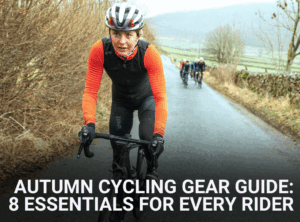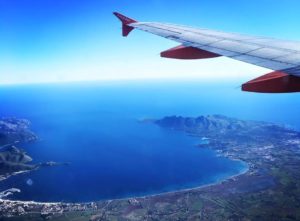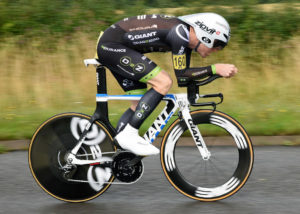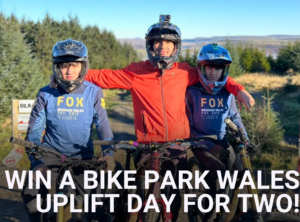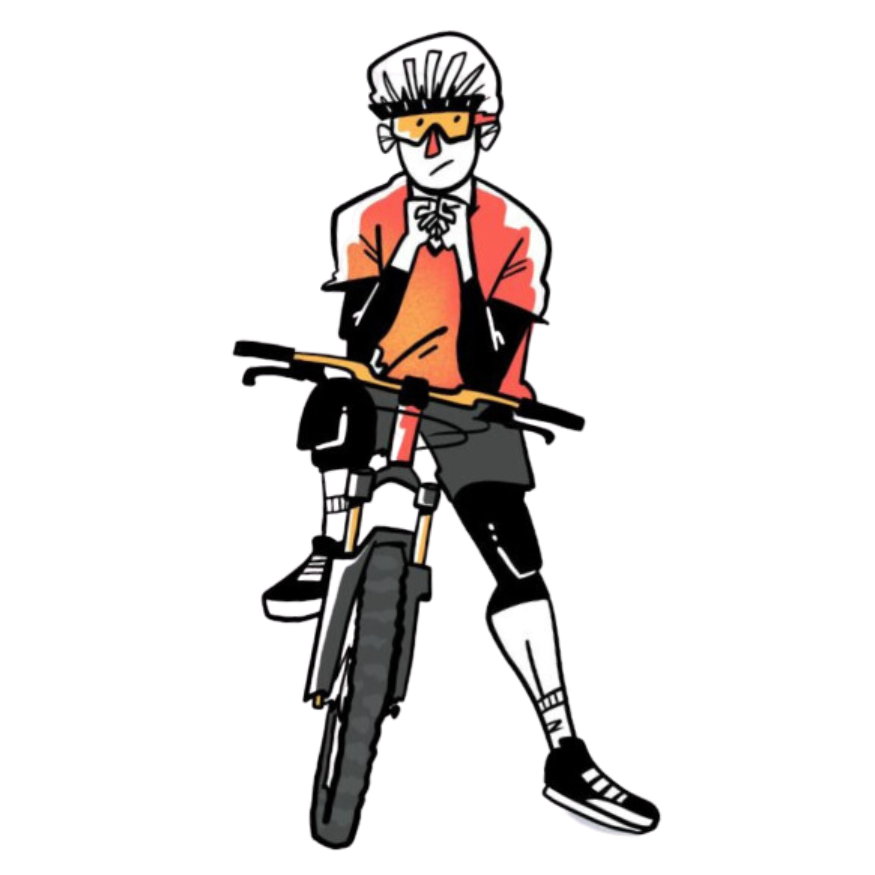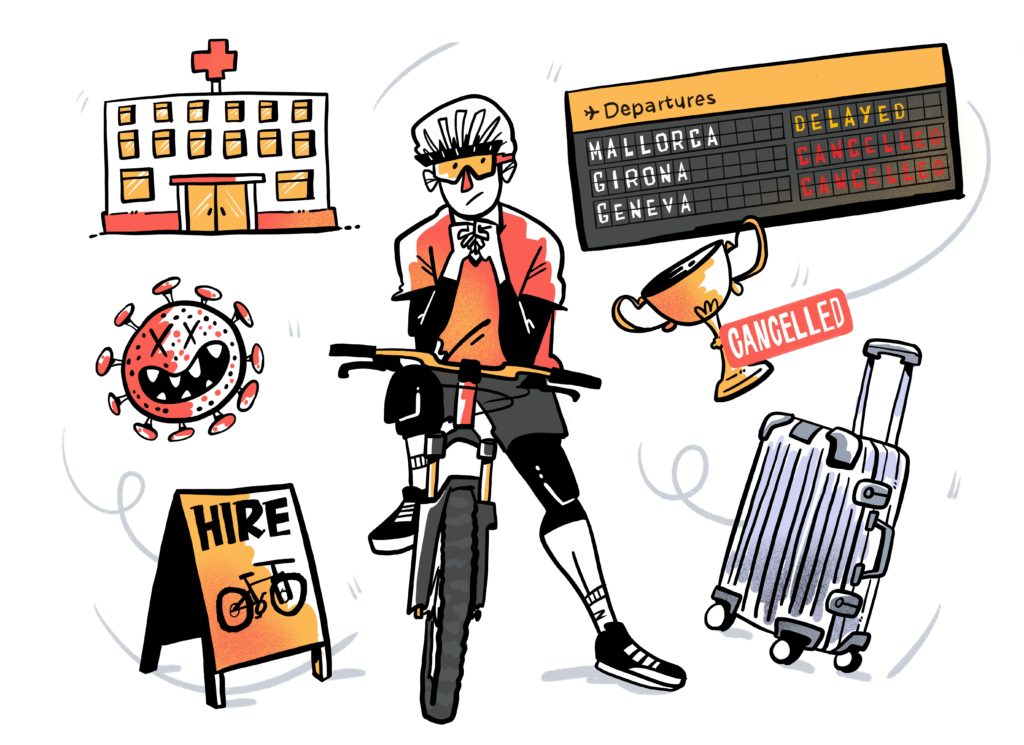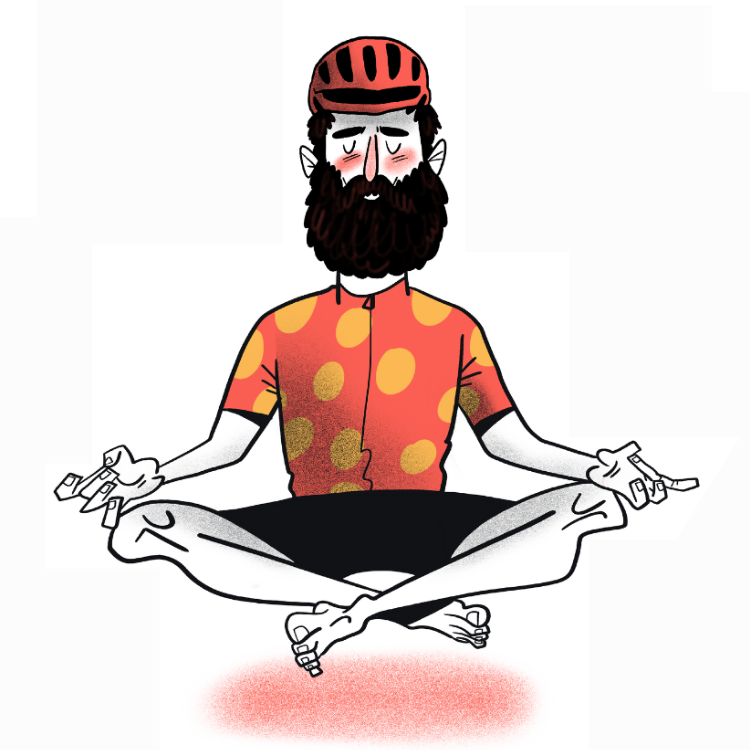Each summer, across Europe and further afield, there are many triathlons taking place – some of which are in mountainous regions. As a result, a genre of triathlon has been born – the mountain triathlon. This is simply a triathlon that involves a mountain, usually on the bike. This summer, I’ve signed up to do two of them. Inspired by the 2019 Ironman 70.3 World Championship course in Nice, with the bike going over the Col de Vence, I thought it looked like a good bit of fun. I found two races. The Triathlon du Mont Blanc, which takes place in Passy in the Mont Blanc valley, and the Triathlon Morzine Montriond, taking place in Europe’s mountain bike mecca – Morzine. Both of these races are very hard, taking on two or more mountain passes during the bike and heat would likely be a pivotal factor on the run. This begs the question – how do you train for such a unique type of race?
The swim
The most normal component of this triathlon is the swim, though some higher altitude swims in this kind of race do present their own unique challenges. This can be in the form of effects of altitude on the swim, meaning that a higher aerobic fitness level than normal as well as a particular focus on stroke efficiency can be important. Often, water at higher altitudes can also be colder than we might be used to. If this is the case, you might want to consider a different wetsuit or even wetsuit gloves for the swim. In general, the aim is to get out of the swim as fresh as possible – in reality, you’re not going to win or lose the race in the water. The key is to be prepared for the specific water conditions and swim consistently so that you’re fresh when running into transition.
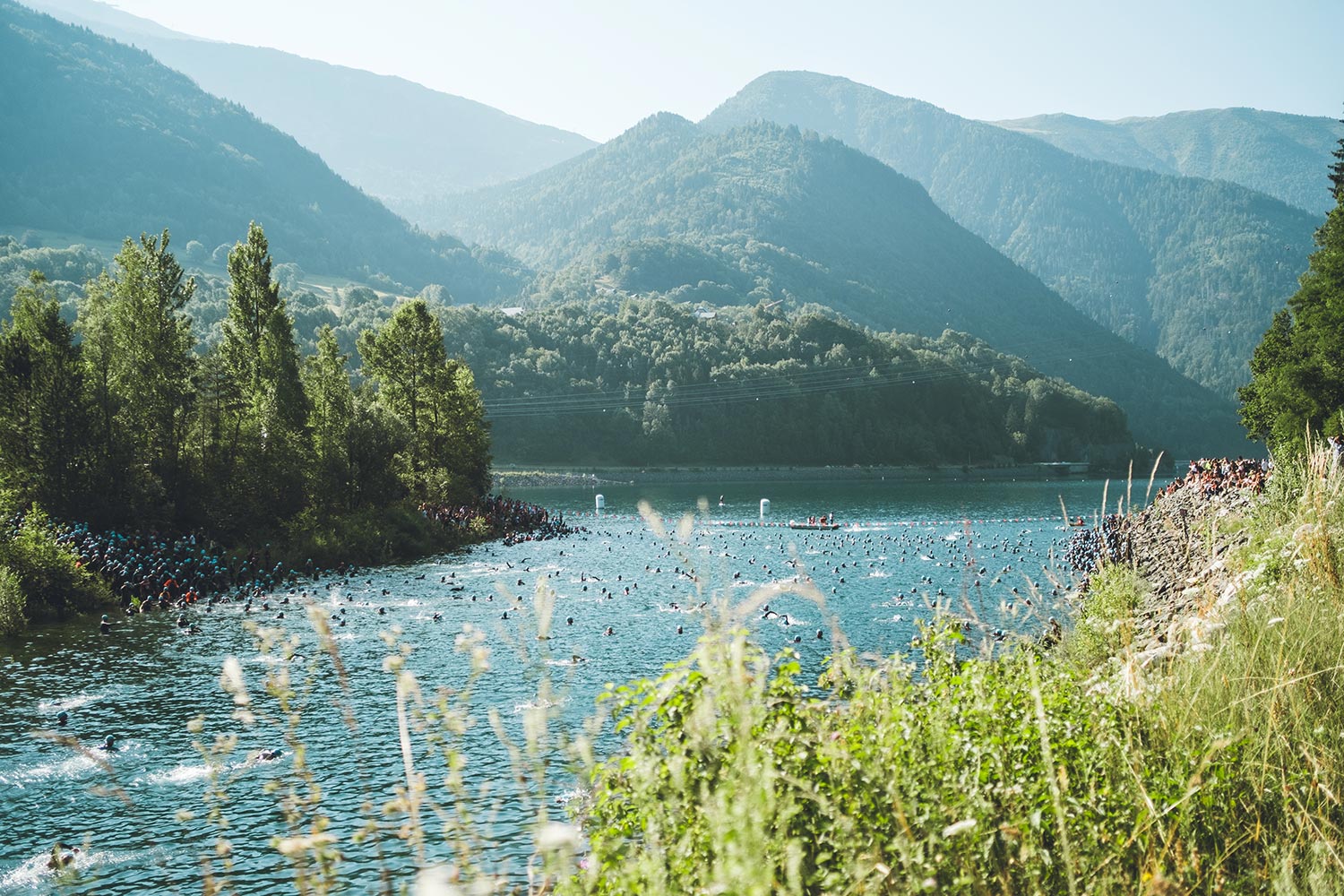
The bike
Obviously this is the hardest part of the race – in that it’s the most different to a ‘normal’ triathlon. Three major challenges present themself on the bike. There’s the climbing but this is actually the easiest challenge to deal with. The climbs aren’t any ‘harder’ than the flat really, at least not now as we have gears. Pacing the climbs sensibly is obviously something you’ll need to do, but from training you’ll know your limitations. Training long efforts on the bike is easy and using the turbo trainer is key in this aspect. The hardest thing to train is descents, you can make and lose a lot of time on descents and these can be slightly alien if you’re from the UK. The best way to train descending is by riding long, alpine descents – however this isn’t really an option for me as I do most of my riding in the New Forest which is notoriously flat. Instead, I take an approach which is to improve my bike handling skills more generally. I do this by riding gravel and offroad, racing in criteriums and picking out ‘hilly’ loops where possible. Getting through the bike course safely, quickly and without cooking your legs for the run requires a wide toolkit from power, pacing and bike handling.
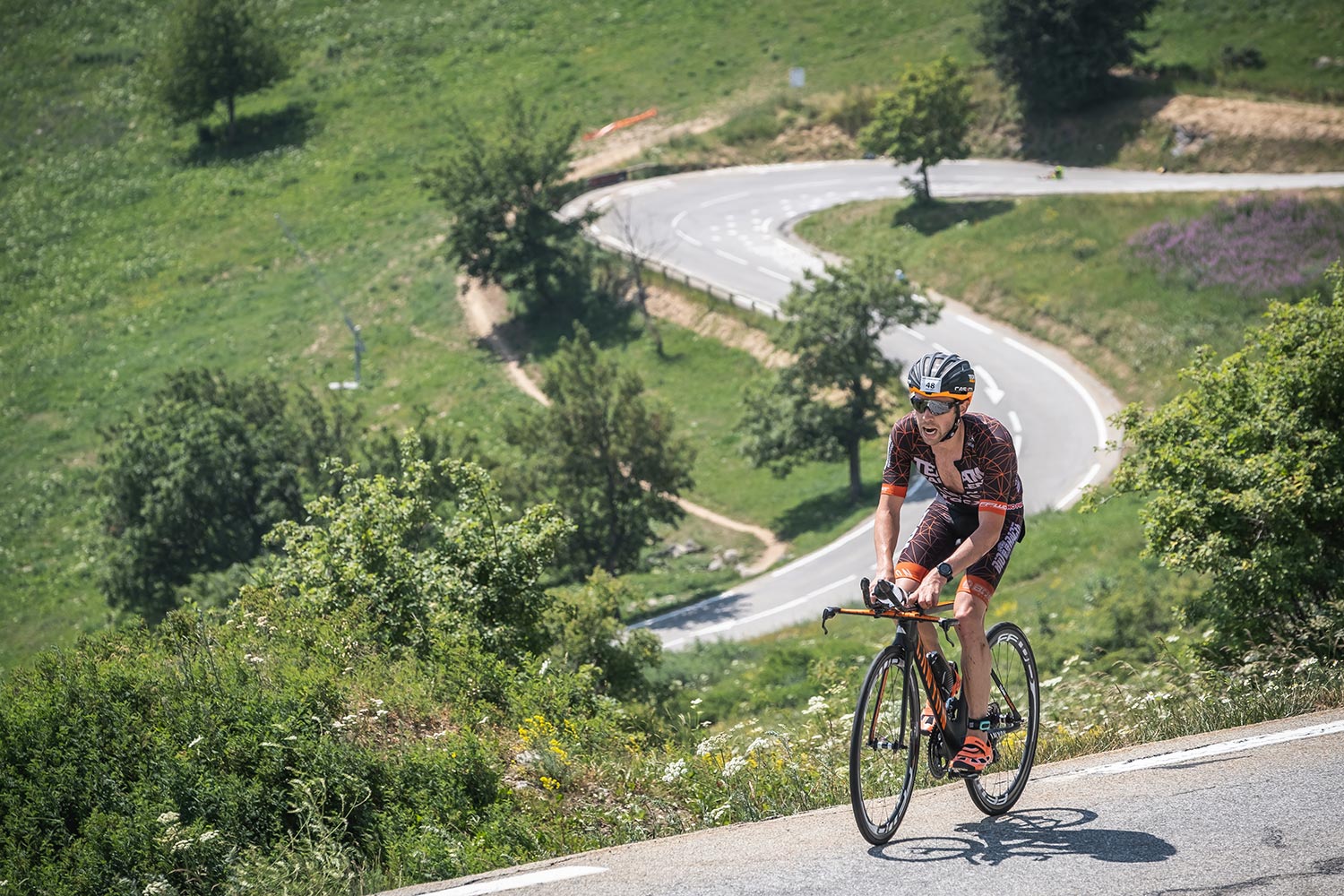
The run
In the summer, many mountainous regions can get very hot. Getting onto the run course unable to handle the heat will lead, quickly, to issues. One thing I’ve found when getting ready for races is that making use of the treadmill can help you get ready for the heat. If you can, in the gym pick a treadmill a long way from the door and build your runs up to race duration (not distance). Doing your easy sessions in the heat can help you acclimatise a little better to race conditions. Keeping track of your nutrition during the bike leg will also make the run significantly easier, though we’ll talk about this in the next section.
Nutrition
Nutrition is often talked about as the fourth discipline of triathlon (as is transition, but nutrition is more important in this case). There are two major components, fuelling and hydration. Fuelling comes down to consuming enough, but not too many, carbohydrates during the race. Enough such that our body has enough glycogen to supply to our muscles but not too many that we have stomach issues. Hydration comes down to drinking enough fluid, and consuming enough sodium (and other electrolytes) to retain the right concentrations of these products in our blood such that our cellular functions can take place normally. Fuelling your race in hotter conditions comes down to consuming more fluid and sodium, as we sweat more out. In terms of carbs – we want to check our plan in training first. For example, if we want to consume 90g of carbohydrate per hour, that’s around 3-4 gels depending on manufacturer, we will want to replicate this in training first to ensure that we can tolerate it.
Equipment
A mountain triathlon presents a different set of equipment challenges. It’s one of the rare instances in triathlon where the weight of your bike really does matter, as we are doing a significant amount of work against gravity. Using a road bike, with clip on aero bars is often faster than riding a TT bike, on top of this, choosing your attire wisely could also make a difference – perhaps racing in a suit that’s a little lighter and cooler over a sleeved, aero option.
Mountainous triathlons can present a huge challenge to its competitors on a physiological, psychological and technological level. After following this advice, I raced in the Mont Blanc International Triathlon in France. I finished in 4th place and it was my best ever executed half iron distance race! These are definitely a different challenge to a ‘normal’ triathlon and are well worth looking into racing. The major learning point from this race was to not over-pace the bike leg! It’s very easy to get excited on the climbs with competitors around you coming past but sticking to your own pacing and nutrition strategy will help you get the most out of yourself and your race!

